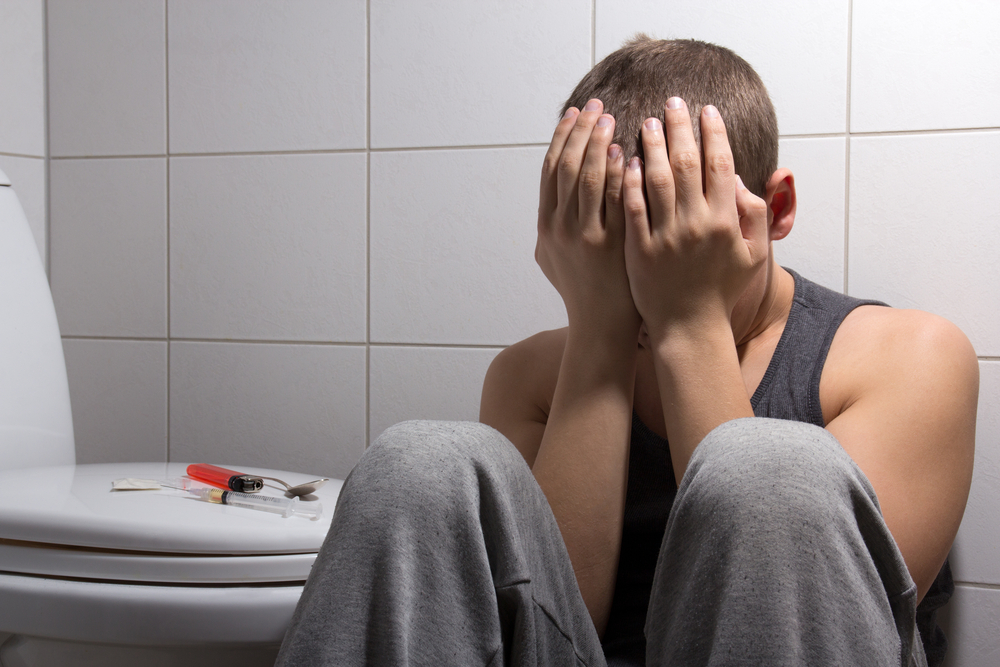Mental health, though previously used as a term to primarily indicate the absence of a mental disorder, currently encompasses one’s emotional, psychological, and social well-being, and is an essential component of overall health. The World Health Organization (WHO) explains mental health as “a state of well-being in which the individual realizes his or her own abilities, can cope with the normal stresses of life, can work productively and fruitfully, and is able to make a contribution to his or her community.” Teenagers are insatiably curious and are often known for testing boundaries and pushing limits. It is highly common for young people to experiment with drug use. The National Institute on Drug Abuse reported findings from a survey that found 58.8% of teenagers had consumed alcohol by their senior year in high school, and 47% had used illicit drugs. Substance abuse is defined as “the use of a substance for a purpose not consistent with legal or medical guidelines.” Teen mental health and substance abuse are often interconnected, and there are various factors that contribute to this complex relationship.
Many teenagers struggle with emotional dysregulation, which is a term used within the mental health field to denote irrational, poorly modulated emotional responses. To cope with the inability to effectively regulate their negative emotions (e.g., frustration, disappointment, self-doubt, etc.) teens may use drugs and/ or alcohol as a coping mechanism to achieve short-term relief. Adolescents with untreated mental illness may struggle with distressing emotions and adverse mental health symptoms, which can lower inhibitions, impair judgment, and promote reckless behaviors (e.g., abusing drugs and/ or alcohol). Research has found that the younger someone is when they first try drugs the more likely they are to go on to develop an addiction, medically referred to as substance use disorder (SUD). The National Institutes of Health assert that nearly half of the young people “who have a mental [health] disorder will also have a substance use disorder at some point in their lives and vice versa.” Addressing the connection between substance abuse and teenage mental health requires early intervention, access to appropriate mental health care, substance abuse prevention programs, and supportive environments that promote positive coping mechanisms. Integrated treatment approaches that focus on both mental health and substance use issues have been shown to be effective in helping teens break the cycle of co-occurring disorders and lead healthier lives.
For Information and Support
Every family in need of mental health treatment must select a program that will best suit the needs of their family. When one member of a family struggles, it impacts everyone in the family unit. To maximize the benefits of treatment we work closely with the entire family to ensure that everyone is receiving the support they need through these difficult times.
Seeking help is never easy, but you are not alone! If you or someone you know needs mental health treatment, we strongly encourage you to reach out for help as quickly as possible. It is not uncommon for many mental health difficulties to impact a person’s life, long term. Pursuing support at the beginning of one’s journey can put the individual in the best position to learn how to manage themselves in a healthy way so they can go on to live happy and fulfilling lives.
OUR KNOWLEDGEABLE ADMISSIONS TEAM CAN BE REACHED 24/7 AT INFO@PACIFICRTC.COM OR CALL: 800-531-5769
We are available to answer any questions you may have regarding mental health treatment and our residential program, anytime. Contact us today using the form to the right.






